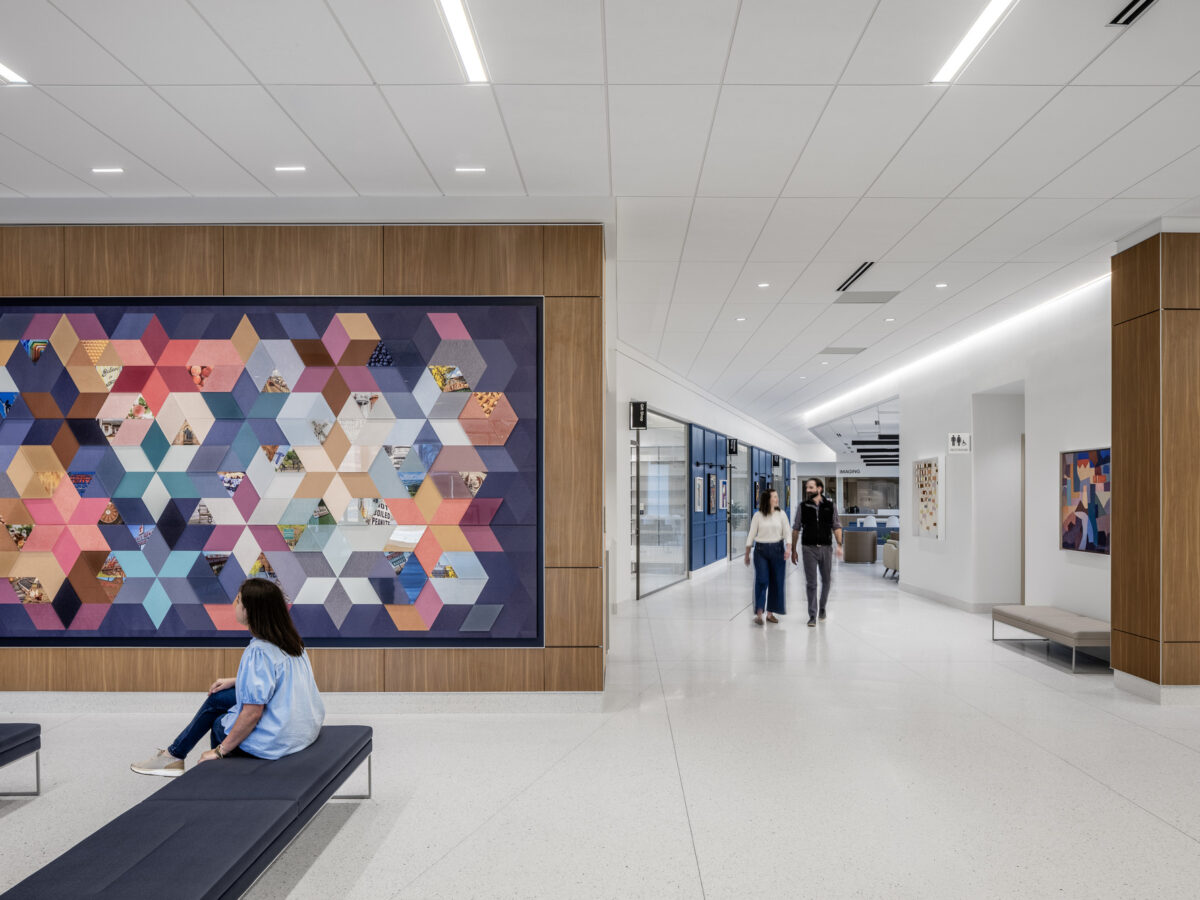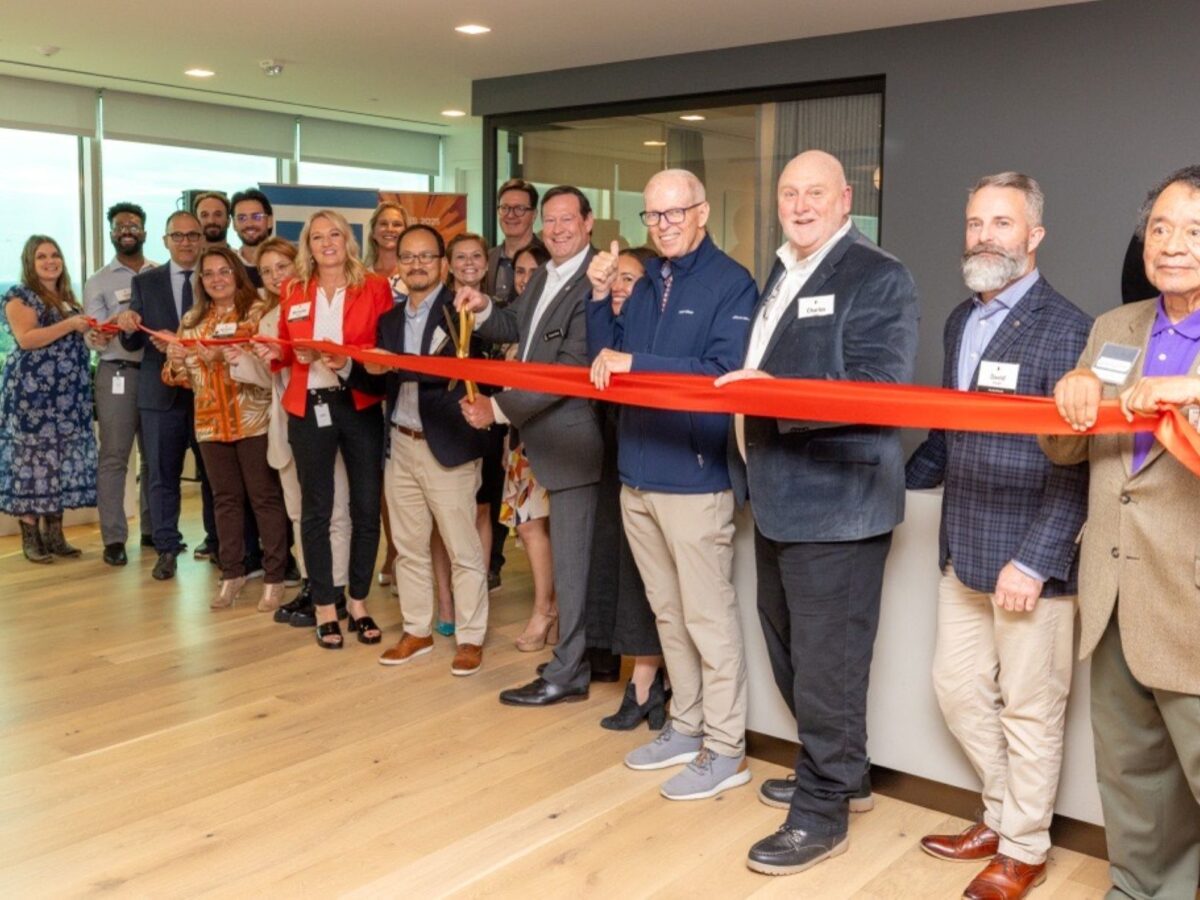Gresham Smith is proud to announce that Healthcare Director of Research and Insights Lesa N. Lorusso, Ph.D., MBA, MSArch, RID, Allied AIA, Healthcare Research Analyst Tatiana Orozco, MS, Ph.D., Design Researcher Dagmar Rittenbacher, MID, CKBD, and Healthcare Interior Designer Maria Sanchez, RID, NCIDQ, LEED AP ID+C, IIDA, will present at the Environmental Design Research Association (EDRA56) conference in Halifax, Nova Scotia, on Friday, May 30. The conference’s theme this year is Designing Communities for Climate Action and Resilience.
Summaries of the presentations are below.
Healthcare Innovation: Inclusive and Evidence-Based Design
This session presents innovative, evidence-based approaches to healthcare facility design that promote inclusivity and effectiveness. Presentations will examine renovation in hospital inpatient units, daylight access in cancer hospital waiting areas, senior living needs in hospital-based facilities, and user experiences in discharge lounges. The session highlights practical design strategies that enhance healthcare environments for both patients and providers.
Fortuitous Inclusivity: Post-Occupancy Evaluation of Renovation in Hospital Inpatient Units
This presentation discusses an incidental yet noteworthy outcome of a recent renovation on select floors of the inpatient units in an acute care hospital general tower—increased perceptions of an inclusive environment. The initial purpose of the renovations centered on enhancing functionality and aesthetics of the inpatient units, but anecdotal feedback suggested increased perceptions of inclusivity and accessibility post-renovation.
Results showed that renovated areas were consistently rated more positively across a variety of environmental factors, with notable improvements in staff perceptions of inclusivity-related elements such as furniture usability, ease of navigation, and diversity-friendly design. This case emphasizes how universal design elements, even when not the primary focus, can meaningfully enhance the sense of inclusion in healthcare environments, reinforcing the importance of evaluating both intended and incidental outcomes of design changes.
This case study explores the process of selecting sustainable building materials for a new medical pavilion in Florida aiming for LEED v4.1 BD+C: New Construction certification. The approach focused on maximizing points in key materials-related credits by prioritizing products supported by Environmental Product Declarations (EPDs) and Health Product Declarations (HPDs). These tools provided a framework to assess environmental impact over a product’s life cycle and ensured transparency about material ingredients.
By incorporating materials with low or non-volatile organic compound (VOC) content, the design team helped improve indoor air quality—critical in healthcare settings. Products were also selected based on recycled content, responsible sourcing, and third-party verifications. This material strategy enhanced both environmental performance and occupant health, ultimately contributing to a more resilient and sustainable healthcare facility.











